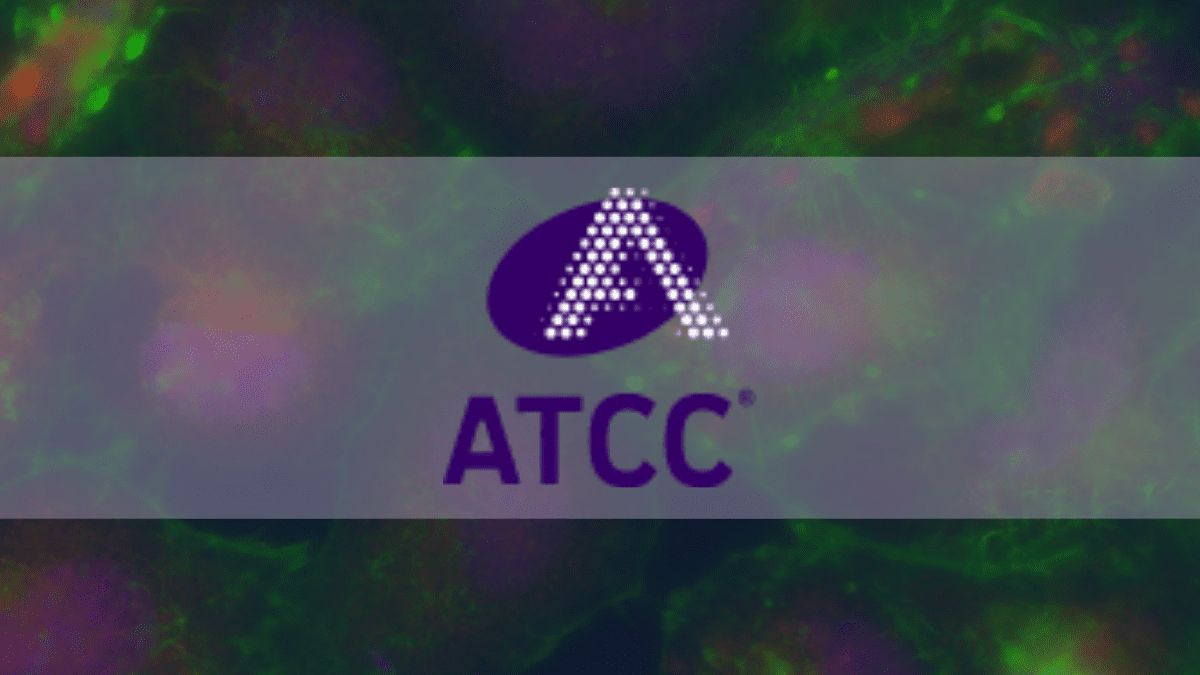
ATCC Wins DoD Contract to Identify Novel Antivirals for Infectious Diseases
Months after securing a contract valued at up to $545 million from the National Institute of Allergy and Infectious Diseases, Virginia’s ATCC has been awarded three grants valued at over $5.5 million by the Defense Threat Reduction Agency (DTRA) to identify novel therapeutic approaches to treating viruses of global concern.
ATCC will work with DTRA, which is part of the U.S. Department of Defense, to assess new approaches, as well as existing therapeutics against these viruses, which includes equine encephalitis, a mosquito-borne virus that can cause fevers and neurological conditions that include meningitis or encephalitis. The virus is highly transmissible, which means it is a critical threat to U.S. servicemen and women, as well as civilians, said Joseph Leonelli, Senior Vice President of Federal Solutions for ATCC.
“This puts our troops at risk. It’s important to have a therapeutic available,” Leonelli explained.
Leonelli said the work conducted under the DTRA grant is a continuation of research that was part of the work conducted at George Mason University’s Aarthi Narayanan, who joined ATCC last year as director of Translational Research and Technology Transfer. Narayanan has an extensive background in virology and preclinical product development.
The goal will be to find antiviral candidates that can penetrate the blood brain barrier and attack the virus that causes equine encephalitis, as well as other alpha viruses that have a similar kind of nature. As ATCC dives into the work related to this grant, Leonelli said they will be looking at novel and existing candidates that can successfully amplify cell inhibition against the virus. ATCC will screen approximately 600 different synthetic peptides against the virus for antiviral and anti-inflammatory activities and also define relevant infection-associated biomarkers.
To accelerate the processing of the synthetic peptides, ATCC will harness the capabilities of artificial intelligence and machine learning models. With these models, the company aims to integrate the cellular response datasets and identify broad-spectrum therapeutic candidates to combat various pathogens. Leonelli said this will enable the company to analyze large data sets and quickly narrow down the choices of peptides and drugs that warrant further investigation.
The grant will allow the research team to screen available peptides, as well as medications that have already been approved by the U.S. Food and Drug Administration for other indications to assess their potential in this endeavor.
Candidates that show promise will then be assessed with an organ-on-a-chip model that simulates the activities, mechanics, and physiological response of an entire organ or an organ system. These candidates will be tested in an iterative and sequential transition from in vitro to in vivo platforms. Under the terms of the DTRA grants, ATCC will conduct the early research, and then their findings will be handed off to another party that can “take them to the next level,” Leonelli said.
“There are a lot of things that we expect to learn from these grants,” Leonelli said and added how proud the company is to participate in such a research opportunity. “We’re proud to provide its expertise in global health and biodefense to support federal infectious disease research and development programs.”
As ATCC begins to move forward with the DTRA grants, Leonelli noted that the ongoing COVID-19 pandemic has temporarily paused the start of the recently awarded contract from NIAID, part of the National Institutes of Health.
The NIAID contract will support the government agency’s Clinical Research, Division of Intramural Research and Vaccine Research Center with rapid response capabilities to infectious disease issues. ATCC will be tasked with storage and repository; quality management; facilities, equipment, and resource support/operations; supply chain and logistics management; and technical reporting. The contract supports the receipt of active pharmaceutical ingredients (API) necessary to develop therapies, as well as samples of the pathogens used in research. ATCC is able to store these viral samples at all biohazard containment levels at its own facilities, or through subcontractors for biohazard level 4 materials.
Also this year, ATCC won a contract with Leidos Biomedical Research, the current operator of the Frederick National Laboratory for Cancer Research, for the development of next-generation cancer models. These kinds of models are invaluable tools for in vitro studies. Cancer types under this contract include bladder, endometrial, head and neck, ovarian, pediatric, and rare cancer, as well as desmoid tumors, lymphoma, and neuroblastoma.
The 3D models closely mimic the in vivo disease characteristics, Leonelli said. The contract will allow for the development of models of primary, metastatic, and recurrent cancers that can lead to new therapeutic options. The goal is to create a diverse collection of cancer types for the research community to test for therapeutics, Leonelli said. Currently, there are more than 200 models in the collection and Leonelli said they anticipate having about 245 by the end of the terms of the current contract.






